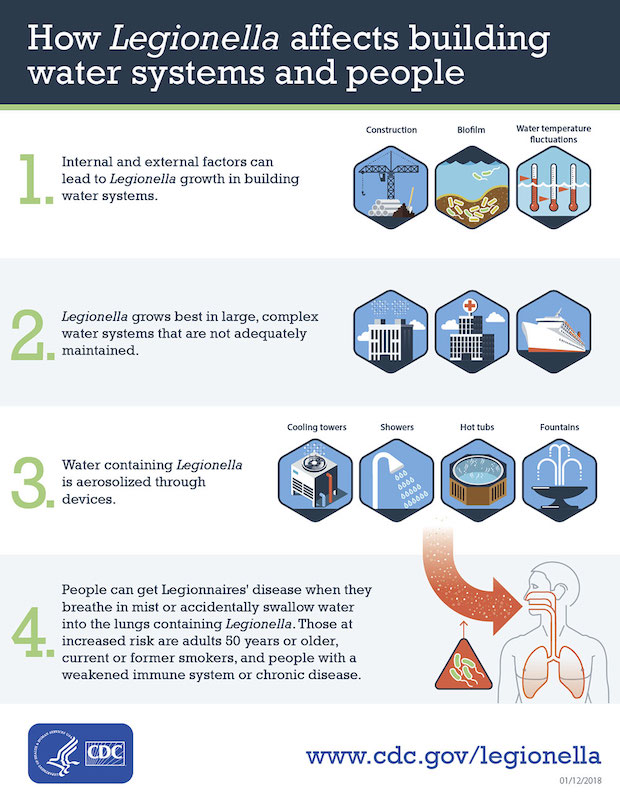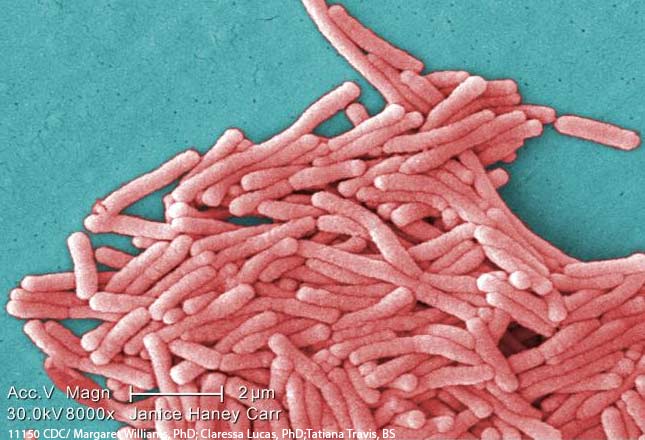The Minnesota Department of Health is investigating two cases of Legionnaires’ disease at Alomere Health Hospital in Alexandria. Health officials are working with the hospital to find the source of contamination that sickened one person in November 2018, who has recovered, and another in January 2019 who remains hospitalized.
Contact a Pritzker Hageman Legionnaires’ Disease Lawyer
Legionnaires’ disease, a severe form of pneumonia, is not transmitted through person-to-person contact. People get the infection when they inhale water vapor that is contaminated with Legionella bacteria.

“Legionnaires’ disease is preventable with proper maintenance. If there is evidence linking these illnesses to the building’s water system, these families may have a claim,” said Legionnaires’ disease lawyer Fred Pritzker. He and Eric Hageman, lead the Pritzker Hageman Legionnaires’ Disease Team which recently recovered a $3 million wrongful death settlement for the family of a woman who died after contracting Legionnaires’ disease at a hotel.
How Does Legionella Get Into a Hospital Water System?
Legionella bacteria exist in nature. They thrive in warm water especially within the confines of large, complex water systems in commercial buildings, cruise ships and hospitals and are then dispersed in water vapor from showers, cooling towers, fountains and other items. Regular testing and maintenance can prevent the spread of the dangerous bacteria.
Symptoms of Legionnaires’ disease, also called legionellosis, include headache, high fever, muscle aches, cough and shortness of breath. They usually develop within 10 days of exposure. Most of the time treatment requires hospitalization. Recovery can be a lengthy process. About one-tenth of all cases are fatal. Some people, including people over 50, people who smoke or who have chronic lung disease, or people with weakened immune systems, are at elevated risk for legionellosis.

Alomere has hired a consultant to assess the hospital’s water system and taking precautionary measures recommended the Minnesota Department of Health including: temporarily suspending showers and hand-held sprayers and using bottled water for patients in the medical/surgical and intensive care units.
Related
Legionnaires’ Disease | Hospital Lawsuit
Legionnaires’ Disease from Hospital Water Supply
Can You Sue a Hospital for Legionnaires’ Disease?
